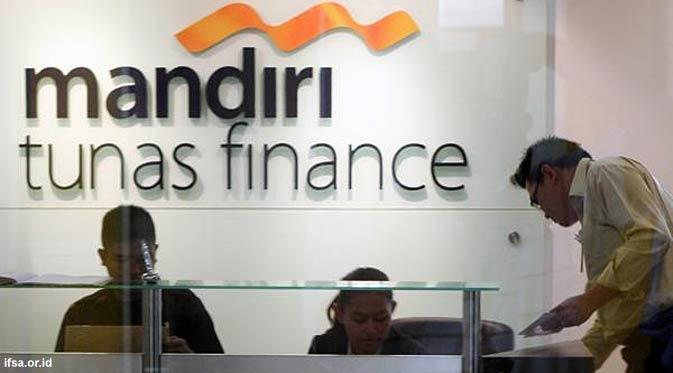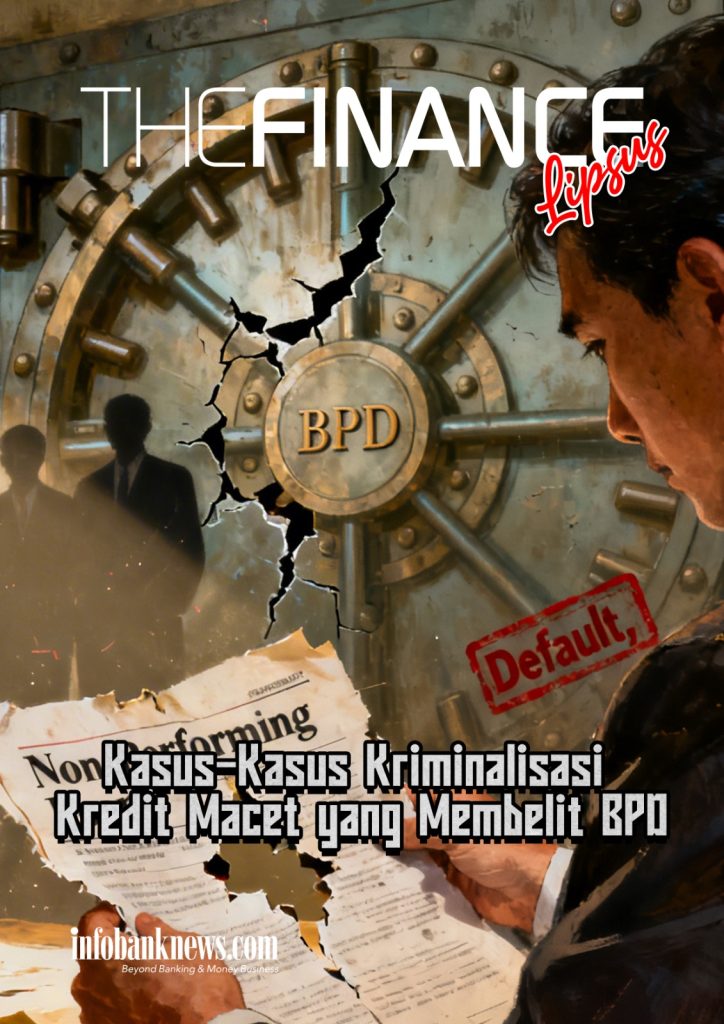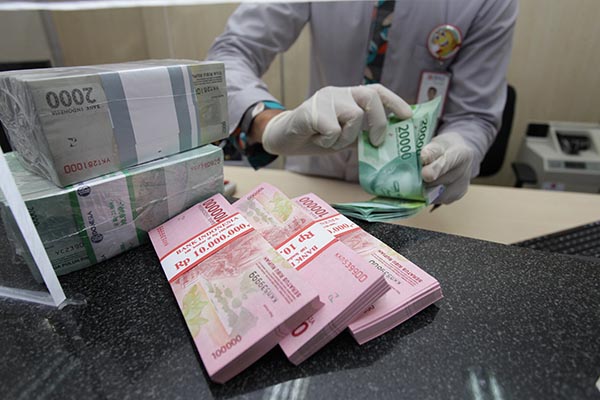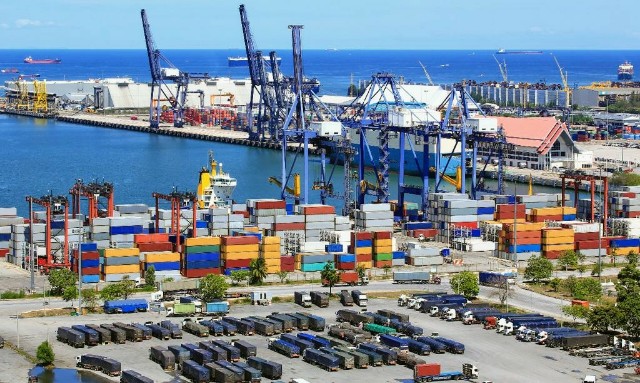By Eko B. Supriyanto Chief Editor of Infobank
Bank Indonesia (BI) still has not mixed bitter herbs. For 15 months, the BI benchmark interest rate, the BI-7 Day Reverse Repo Rate (BI7DRR), was consecutively low. Inflation that has started to burn the world, such as in America, Britain, and other parts of the world – is believed that it will not yet spread to Indonesia.
The story of ahead the curve at the end of 2018 is no longer popular, even though The Federal Reserve (The Fed) has raised interest rates many times. Now the story is no longer ahead the curve, but seems to be behind the curve which is vaguely visible from Jalan Thamrin (BI Building).
Whether it’s ahead the curve or behind the curve that BI will take, it’s not that important. What is important now is stable monetary, both rupiah and inflation that continues to burn the global economy. However, what needs to be kept in mind is that the rupiah and inflation are still like “fire in the husk” – which can suddenly suppress.
Within 15 consecutive month, BI still maintains BI7DRR at 3,5% or at its lowest level, as decided in the BI Board of Governors Meeting, May 2022. BI Governor Perry Warjiyo said the decision was in line with the need for BI maintains the stability of the rupiah exchange rate and the inflation rate.
At the end of 2018, a pre-emptive and ahead the curve policy stance will be taken by BI, in particular to protect the rupiah from the impact of the global economy. However, BI failed to take this policy, even though the Fed and the Bank of England had already raised interest rates.
BI is still quite confident with its sweet herbs. And, the increase in BI’s benchmark interest rate is a bitter herb. There are five herbs introduced by Perry Warjiyo; one bitter herb, namely monetary policy to maintain stability and four sweet herbs, such as macro-prudential easing, deepening of financial markets for infrastructure financing, including the digital economy finance payment system, as well as (encouraging) the sharia financial economy.
It means that the bitter herbs have not been presented by BI, and the steps ahead of the curve have not been carried out anymore. There are signs that inflation is still considered low or below BI’s own target. The target of inflation is 3% plus minus 1, even though plus minus one is large, or equivalent to 33% of the target.
According to data from the Central Statistics Agency (BPS), inflation in April 2022 of 0,95% was the highest inflation since January 2017. At that time, inflation was recorded at 0,97%. Meanwhile, if viewed on an annual basis, inflation in April was 3,47%, the highest figure since August 2019, when inflation was 3,49%.
However, the bitter herbs have not yet been brewed by BI, and they continue to issue sweet herbs in the form of an increase in the minimum statutory reserve requirement (GWM). The rupiah statutory reserve requirement for conventional commercial banks, which is currently 5%, will increase to 6% from June 1, 2022, then increase to 7,5% from July 1, 2022, and to 9% from September 1, 2022.
Meanwhile, the rupiah statutory reserve requirement for sharia banks and sharia business units (UUS) will also be gradually increased. Currently, the reserve requirement for this category is 4%, will increase to 4.5% starting June 1, 2022, then increase again to 6% starting July 1, 2022, and to 7,5% starting September 1, 2022.
It seems that BI will accelerate the normalization of liquidity policy through a gradual increase in the Statutory Reserves. This could be closely related to BI’s burden sharing policy by buying Government Securities (SBN) in the primary market which will expire in 2022. This policy will be incentivized by linking the fulfillment of the statutory reserve requirement and the provision of priority sector credit and the fulfillment of MSME targets.
Meanwhile, outside of BI, there are government policies that are inconsistent and confuse the market, such as “in the morning tempeh, in the afternoon dele” policy that occurred in cooking oil. The same thing happened to the coal export policy.
This prohibition will also disrupt foreign exchange reserves. BI data states, in March 2022, US$135,7 billion, fell by US$3,4 billion. And, the export ban that takes effect in April 2022 may lower foreign exchange reserves even more.
Many policies zigzag. Countless, how many policies regarding the handling of the COVID-19 pandemic have been changed. Although it has nothing to do with it, the 2022-2027 ADK OJK inauguration ceremony, which has been carefully prepared, has been postponed anyway. These wishy-washy policies have reduced the credibility of the government. And, of course, BI will also find it harder to deal with changing policies in the real sector.
It is better for BI to take steps not only for sweet herbs. Bitter herbs can sometimes treat pain. Inflation which is a subtle “tuyul/ (supernatural creature)” for the economy which is depressed due to the global crisis due to the Ukraine versus Russia war – where fuel price increases have also occurred in this country.
Hopefully the government will no longer make zigzag policies, which confuse the market, are just concepts, and instead are busy looking for a presidential candidate – which will leave the burden on the next government. And, bitter herbs also need to be brewed considering the rising prices of food commodities.(*)













